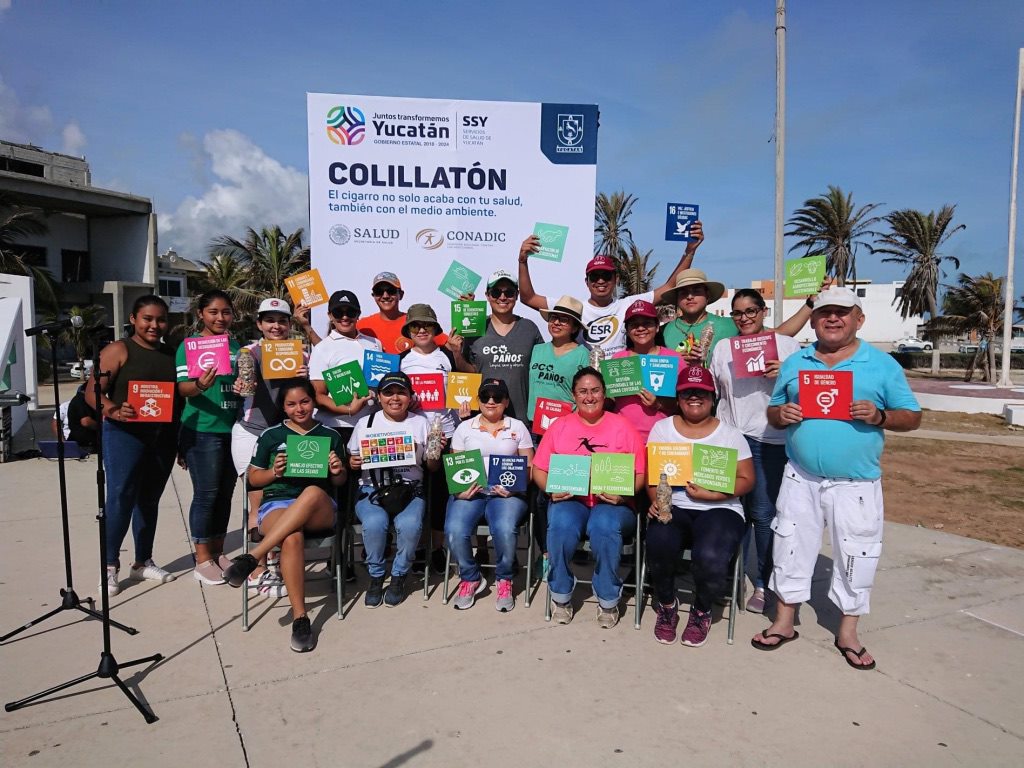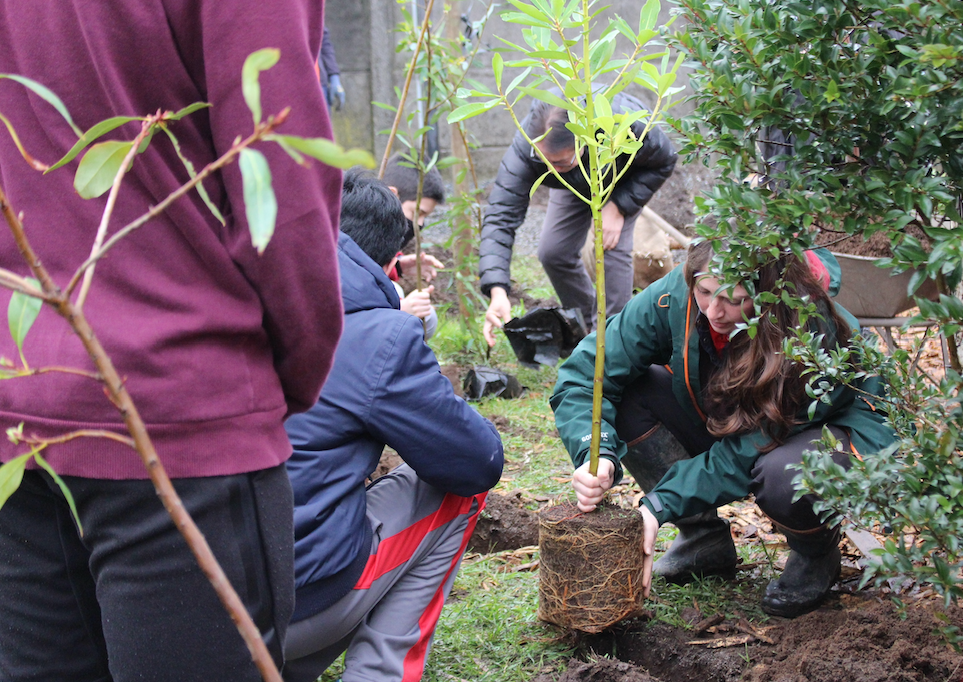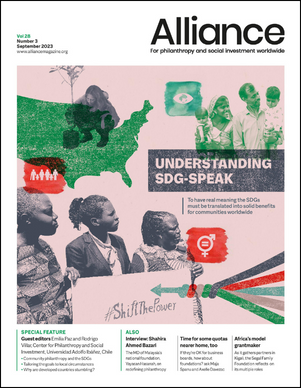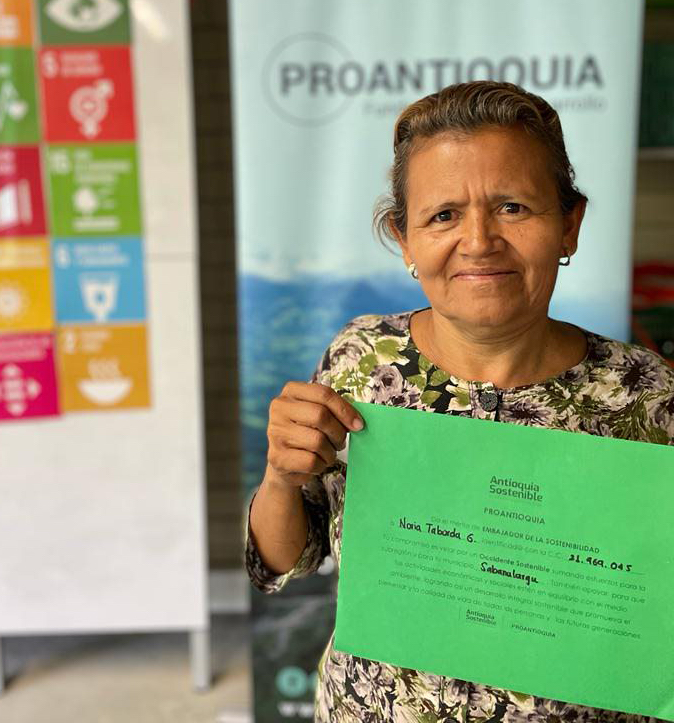A study of Latin American responses to the SDGs provides a microcosm of attitudes to be found globally
During the late 1990s, a group of experts started using the acronym VUCA to describe the increasing pace of change in our society. The 21st century was to be marked by volatility, uncertainty, complexity and ambiguity more than any other era before. Today, this seems almost tautological. On several fronts of our daily lives, we see a deep and fast transformation unfolding in the ways in which we learn, work, eat, collaborate, build our families, organise our cities, communicate with each other and so on. We have seen drastic improvements in access to information, consumption and urbanisation, all markers of the traditional ways of economic development, and we have been presented with evidence that suggests that it is impossible to sustain this model for seven-plus billion people worldwide, unless we change not only our economic behaviour, but also the ways in which we include the most vulnerable groups of our society.
But there’s no easy way to replace elements of our economic system to make it more sustainable. We have grown increasingly aware of the interconnected nature of the problems we face as a society. Questions about gender, racial and social equality cannot be separated from the climate crisis, nor can the advancement of AI and biotechnology be isolated from democratic crisis and geopolitical instability. As we think of ways to move forward and tackle these complex problems, philanthropy is challenged to adapt to remain a relevant actor. As WINGS stated in The Philanthropy Transformation Initiative Report (2023), ‘there is a serious risk that if philanthropic organizations do not take these issues into consideration, the sector will find itself unprepared and increasingly unable to deliver on its mission as global contexts rapidly shift’. In this context, the Center for Philanthropy and Social Investments at Universidad Adolfo Ibáñez, in Chile, has been researching the ways in which Latin American philanthropy has incorporated the Sustainable Development Goals framework to respond to some of these challenges, aiming to understand the drivers and inhibitors to this adoption.
Questions about gender, racial and social equality cannot be separated from the climate crisis, nor can the advancement of AI and biotechnology be isolated from democratic crisis and geopolitical instability.
Links between the 2030 Agenda and the challenges of philanthropy
The 2030 Agenda aimed to address the challenges we face by setting Sustainable Development Goals (SDGs) on 17 topics, linking them to each other and offering a set of metrics to keep track of progress. The main principles behind this agenda are:
· a multisectoral approach, where all agents are part of the solution: governments, business, civil society and individuals
· a multitopic approach, understanding that all goals are intertwined in the 5Ps of the SDGs: People, Planet, Prosperity, Peace and Partnership
· a firm reliance on data to drive decisions and measure progress, through a set of 17 goals, 169 targets and 232 indicators.
This framework offers a chance to positively transform philanthropy, as it provides a context to move towards new ways of work. To begin with, it offers a systemic perspective, allowing for foundations to better connect the issues they work directly with to those around them, and to have greater comprehensiveness in the interventions carried out. For those that are not directly targeted, it provides clear paths for collaboration, to move beyond working in silos and truly integrate actions that affect the same population. In order to understand these interactions and to prioritise efforts, the SDG agenda pushes for a participatory approach, where diverse voices, from different stakeholders and perspectives, are included. This is not guaranteed, but is implicit in the ways in which the goals were set. Finally, the SDGs are a public set of accountability tools. By reporting on the advancement of the agenda, organisations using the framework are giving an account of what is being done and how each of them is contributing to a larger goal.
The issue of localisation
Built through a broad citizen and private sector participation and signed by 193 countries, the SDGs offer a long term, large scale agenda that carries more local legitimacy than one set by a private local agent (a foundation). For all its potential benefits, the 2030 Agenda is too big to assimilate and define on a global scale. It must be translated and adapted to be locally relevant. Philanthropy can play the role of an intermediary that facilitates localisation, and this has been what we have observed in Latin America.
We have observed, particularly in Mexico, Colombia and a few places in Chile, how philanthropic organisations have led participatory processes to prioritise issues and adapt the agenda to local needs. In making the agenda locally relevant, there is the possibility to better connect with a territory’s real, most pressing problems, and to draw a roadmap to their solution.
The SDG agenda pushes for a participatory approach, where diverse voices, from different stakeholders and perspectives, are included. This is not guaranteed, but is implicit in the ways in which the goals were set.
As we observed in an early stage of the study we are conducting with the C S Mott Foundation, where this applies, the results are very good. The SDG framework, adapted with the support of local philanthropy, gives local relevance to the global agenda, builds local capacities and allows for a sense of urgency and collaboration. FEYAC, a community foundation in the Yucatan Peninsula in Mexico, partnered with corporations to build capacities, diagnose and prioritise the most pressing goals, committing resources to advance them, and agreeing on a monitoring, reporting and communication strategy to the community. ProAntioquia, a business association in Colombia, incorporated the SDGs to align the public, private and social sectors to promote shared visions of sustainable communities and create partnerships to implement them. Finally, PLADES in Chile challenged the small southern city of Frutillar to become a beacon for sustainable development, using the SDGs as a template, incorporating new, more sophisticated aspects of development into their plan and influencing other communities to become agents of change.

Members of FEYAC-supported Colillatón in Yucatán, Mexico. Credit: Fundación del Empresariado Yucateco AC (FEYAC)
To get a sense of how prevalent these cases are, we are developing a survey in which more than 100 foundations from over 10 countries have participated so far. Through this questionnaire, we seek to understand the motivations and inhibitors to integrate the framework of the 2030 Agenda in their operation. The data to which we will refer is partial, and self-selection bias might be reflected among the earlier respondents, but the results still allow us to shed some light on the phenomenon of the SDGs’ adoption.
What are Latin American philanthropic organisations telling us?
The first element to come up is awareness. Virtually everyone knows of the SDGs and the 2030 Agenda, and as many as 75 per cent of the respondents say they are integrating the framework in some way. Sixty-six per cent of these are integrating them in more than five aspects of their operation (diagnosing, planning, communicating, implementing programmes, collaborating, funding, M&E and others), but only 20 per cent are integrating the SDGs as a measurement and reporting strategy. This may seem counterintuitive, as the framework already provides metrics and indicators, but can be explained by the fact that while awareness and relevance of the goals is high, the indicators are not so well known. It is difficult to find an organisation that does not identify with some of the challenges, such as ending poverty or ensuring quality education, but the way to give them local content might be very different to that enunciated in the goals’ indicators.
For those organisations that have done so, the declared value of integrating the SDGs in their work is mainly concentrated in diagnosing, prioritising and planning their areas of intervention, and collaboration with others. Deeper involvement, such as funding through an SDG lens or aiming to influence public policy is often not there yet, but all of those who say they are including the SDGs in planning express a willingness to continue deepening the integration.
Regarding the motives for integration, organisations in Latin America are adopting the SDGs as part of their strategies and actions due to the direct connection between their work, their principles and objectives of sustainable development. Remarks include, ‘The organisation’s institutional strategic plan promoted integration’ and ‘It is connected to our work on sustainable development’.
A lot of valuable information is also available from the 25 per cent of non-integraters. About 60 per cent of them show interest in including the SDGs, but cite among the two key impediments a lack of knowledge to give them a concrete grasp of the 2030 Agenda and an inability to see its application to their work. Limited internal capacity to understand and apply the framework are the most recurrent reasons for non-integration, but this also refers to institutional capacity to adopt a new paradigm generally. The role of organisations such as Comunalia, an umbrella organisation of community foundations in Mexico, which has devoted the last five years to train, support and accompany community foundations in their SDG adoption process, becomes very relevant if we are contemplating a 2050 Agenda.
The SDG framework, adapted with the support of local philanthropy, gives local relevance to the global agenda, builds local capacities and allows for a sense of urgency and collaboration.
The other recurrent answer is the perceived lack of interest or appreciation for the use of SDGs in their environment. Failure to see the value of the SDG framework also offers an opportunity for philanthropic organisations, who can show the value of the 2030 Agenda as a coordination tool by linking their financing strategies to contributions to the SDGs. In many cases, the initial step towards adoption of the SDG framework was through receipt of international aid, which usually requires reporting of the results of funded programmes through an SDG lens.

Community members in Frutillar, Chile, engage in a reforestation programme. Credit: Fundación Plades Frutilla
Finally, a minority, but not a small enough one to be disregarded, perceives the 2030 Agenda as an imposition or irrelevant to their mission. Among this group, there are those who believe the SDGs are too little, too late: the planet is beyond the point of sustainability and requires regenerative efforts. There are others suspicious of global powers, such as the UN, and their ability to effect any change in the lives of common citizens. These criticisms are valid and reflect deep levels of concern for the pace in which we are moving to solve humanity’s problems.
We are now seven years away from the deadline, and it does not look auspicious. The ECLAC Report on the Advancement of SDGs (2023) shows that it is very unlikely that more than 25 per cent of the goals will be met by 2030. We are losing this battle. Does it mean that we should abort the mission? We don’t think so. We have to learn what worked for us and what didn’t. The basic problems that triggered the 2030 Agenda are still here, and there are already voices talking about a 2050 Agenda, of regenerative development and community-based economies to counter the climate crisis. If we understand the process by which we have been too slow or unable to align our global and local efforts, and we better understand what roles philanthropy can play to fill those gaps, then we’ll be better prepared for the next round.
Emilia González is director, Center for Philanthropy and Social Investment, School of Government at Universidad Adolfo Ibáñez
Email: emilia.gonzalez@uai.cl
Twittter: @emiliapgc
Rodrigo Villar is senior associate researcher, Center for Philanthropy and Social Investment, School of Government at Universidad Adolfo Ibáñez
Email: rodrigovillarg@gmail.com
Twitter: @CEFIS_UAI





Comments (0)